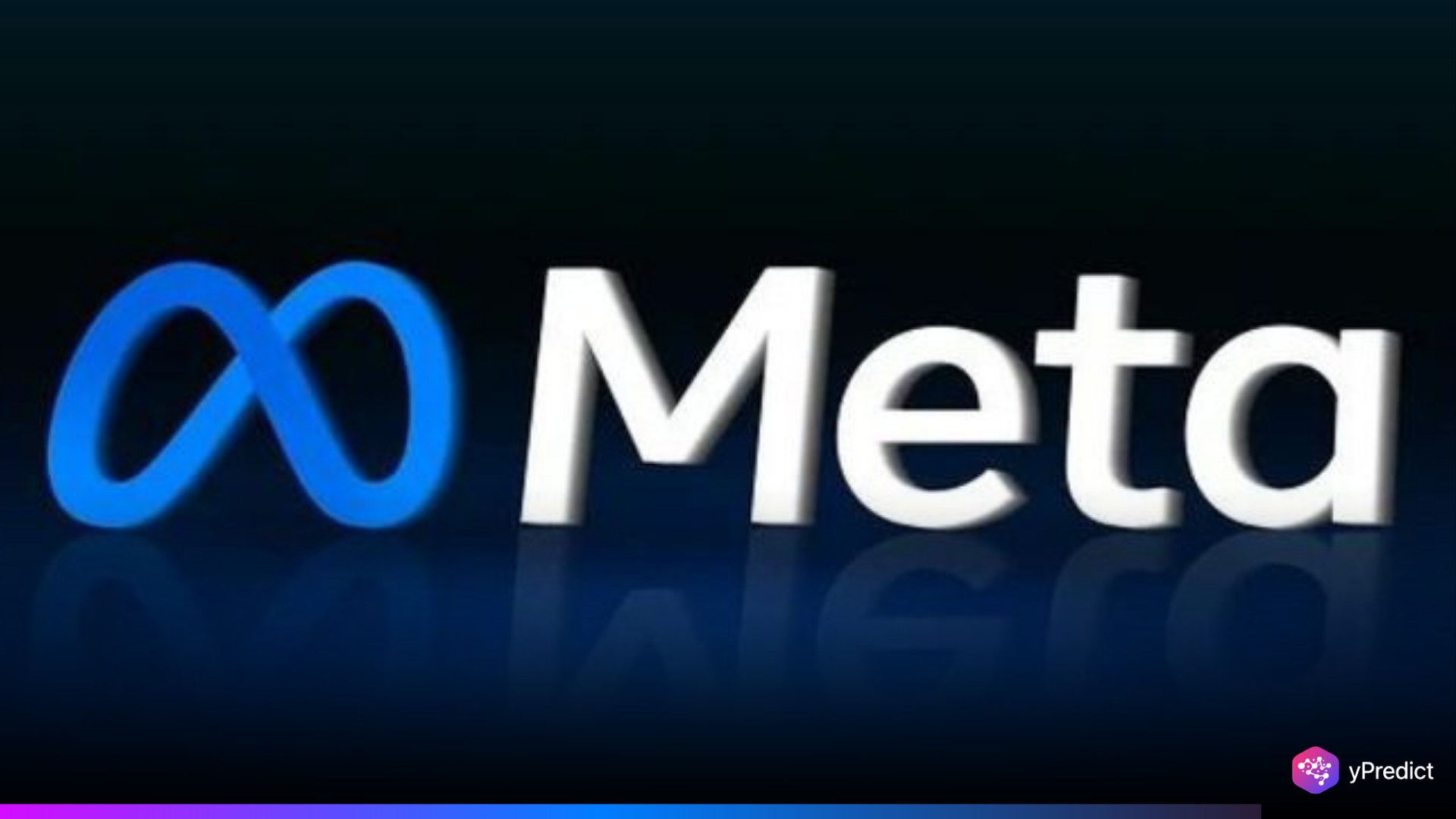
A US District Judge, Vince Chhabria, has raised serious objections to Meta Platforms’ use of copyrighted material to train their artificial intelligence system, LLaMA. The lawsuit, filed by several authors, claims that Meta used unauthorized, pirated copies of their writings as part of its machine learning process.
They stated that the act has potentially violated their intellectual property rights and undermined the economic value of original publications.
Authors vs. AI: Meta Accused of Using Pirated Content
According to a report by Reuters, on May 1, 2025, a San Francisco court examined Meta’s defense in a lawsuit alleging unauthorized use of copyrighted works to train AI models. Judge Chhabria expressed serious reservations about Meta’s reliance on the fair use theory, questioning whether it was justified or risked undermining the market for original works.
The case, filed by a group of authors including Sarah Silverman, Ta-Nehisi Coates, and Junot Díaz, accuses Meta of utilising pirated versions of their works to train LLaMA, a family of open-source language models. Plaintiffs allege that this violates their rights and reduces the value of their work by allowing Meta to make derivative content at scale.
The dispute centres on whether companies like Meta can legally use copyrighted books, artworks, and other resources to train generative AI systems without compensating rights holders. Meta claims that their use of such content is “transformative” and fits under fair use principles.
The judge questioned whether the actions taken by Meta, specifically the ones with books of authors like Junot Diaz and Sarah Silverman, were considered fair use. This lawsuit marks an important turning point for the field of AI, since the result could determine a legal framework governing how AI systems engage with intellectual content and has far-reaching consequences for copyright law and artificial intelligence.
Judge Chhabria said in a statement while addressing the Meta lawyers that,
You have companies using copyright-protected material to create a product that is capable of producing an infinite number of competing products. You are dramatically changing, you might even say obliterating, the market for that person’s work, and you’re saying that you don’t even have to pay a license to that person. I just don’t understand how that can be fair use.
According to Wired, during the trial, Chhabria highlighted the potential harm Meta’s AI tools could bring to writers’ sales. He contended that if AI technologies were to produce imitations of musicians such as Taylor Swift, it might seriously harm the careers of lesser-known creators.
While he suggested Meta could lose if the plaintiffs proved financial harm, he expressed doubt that they could provide solid evidence. Chhabria repeatedly asked the authors’ legal team, led by David Boies, to demonstrate that Meta’s AI tools would negatively impact their market, noting it wasn’t clear this would be the case.
Meta Defends LLaMA’s Data Use as ‘Transformative’
Meta’s attorneys believe that LLaMA does not replicate original materials, but rather creates new content for a different purpose, such as educating, summarising, or providing creative assistance. As a result, they believe that training the model using publicly available datasets, even if they contain copyrighted works, does not violate the economic interests of the original authors.
The company’s stance is consistent with that of numerous big AI developers, who argue that limiting access to large datasets will hinder research. However, critics claim that fair usage should be restricted to ensure that authors are compensated.
They also warn against tech businesses using copyright loopholes to create products that directly compete with the original work.






